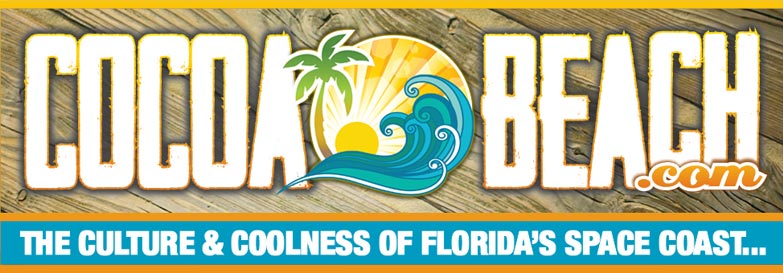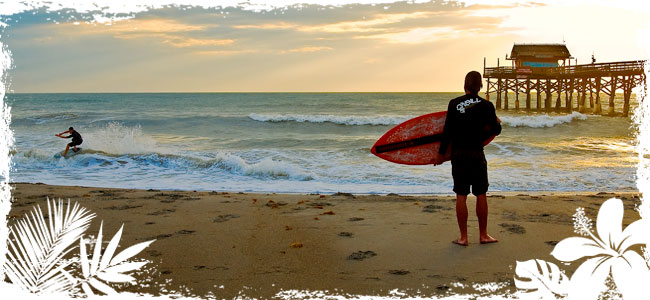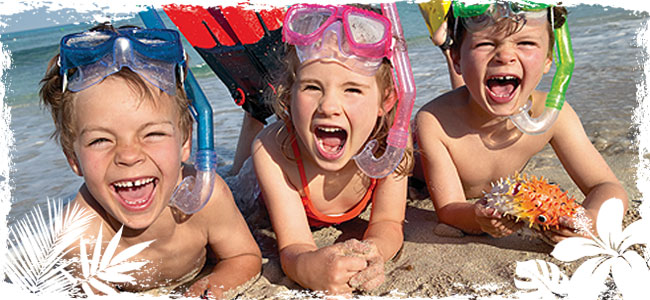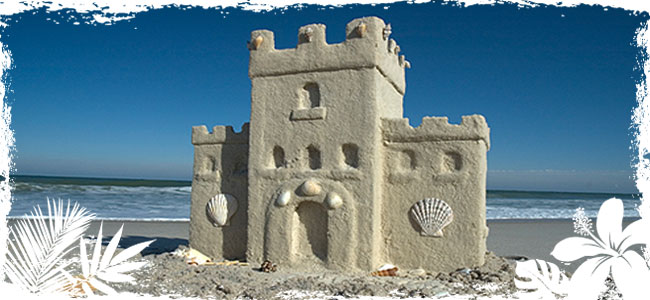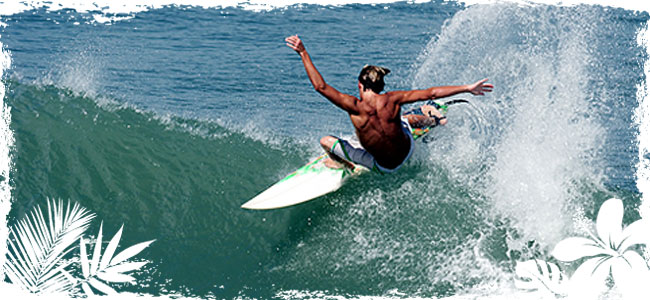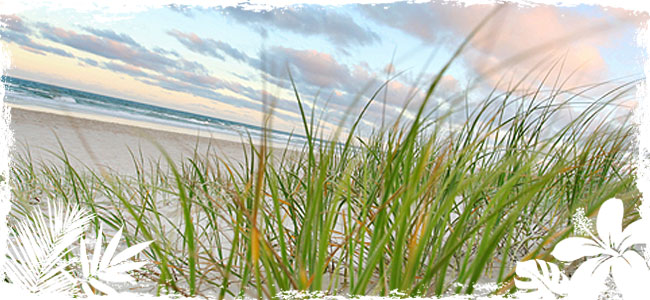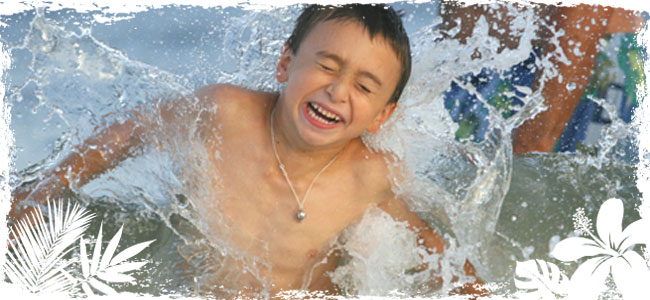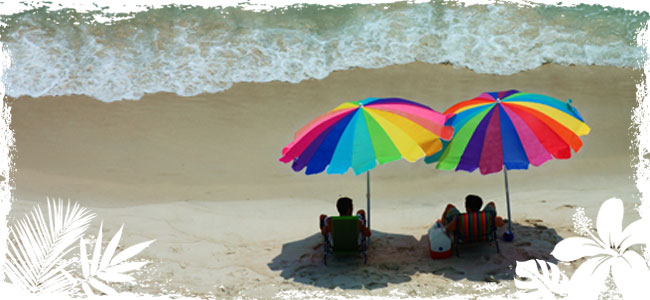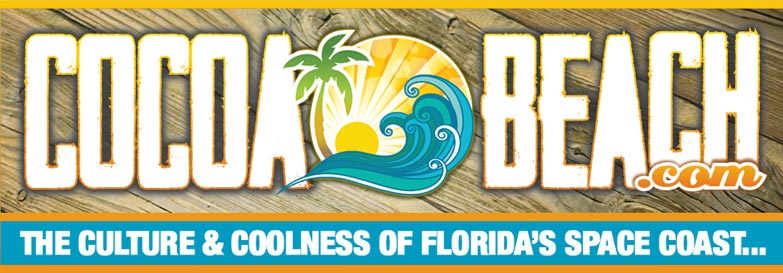Having survived literally thousands of years of onslaught from the ravages of the ocean, one would think that the beach is indeed a hardy mass. Quite the opposite is true – the beach is a fragile and ever-changing ecological wonder. In order to protect it, we ask that you enjoy the beach for what it is and leave only your footprints behind. And if you find that previous visitors have not been as courteous, your assistance in picking up the beach would be very much appreciated. It’s an activity that most local beachgoers practice – you will then be mistaken for a local and that’s a badge of honor! Here are other restrictions necessary to maintain our beautiful beaches:
Stay Off the Dunes -The dunes, which are the mounds of sand on the landward side of the beach, are the barriers that protect properties from high tides and storm surges. Many of the dunes rely on vegetation to stay in place as both wind and sea work at relocating them. For this reason, it’s the law in Cocoa Beach and in every other beach along the Atlantic Coast to STAY OFF THE DUNES!
No Vehicles on the Beach – With the exception of emergency and public service vehicles, vehicles are not permitted on the beaches for any reason.
No Trash – Some people, unfortunately, think of the beach as the world’s largest ashtray – if you smoke, please do not leave cigarette butts behind.
No Glass on the Beach – Cocoa Beach is one of the few that allows alcohol on the beach, but glass bottles are against the law. No Animals on the Beach – not even on a leash! The penalty is a fine.
No Fireworks on the Beach – Fireworks are an ecological nightmare, they endanger other people and they cause fires in the dune vegetation. This, too, is against the law!
No Fires on the Beach Without a Permit – fires are allowed in certain areas of the City during certain times of the year. Contact the Cocoa Beach Fire Department for more information.
Do Not Disturb Turtles, Turtle Nests or Turtle Hatchlings – Sea turtles are an endangered species, if you are lucky enough to see a turtle come ashore, give it very wide berth, do not shine a flashlight or use a flash camera.
Do Not Push Stranded Marine Mammals Back to Sea – From time-to-time, large sea mammals such as whales, manatees and dolphins may beach themselves. They do this because they are in distress for one reason or another. If you happen onto the scene of a beaching, here’s what to do: 1.) Call the Cocoa Beach Police Department (868-3251) and ask them to call Sea World; and 2.) Try to keep the mammal comfortable by pouring sea water over the exposed skin and keep it shielded from the suns rays by covering it with wet towels. Sea World will send a rescue team to remove it to the Sea World facility for medical treatment and rehabilitation.
Avoid Swimming Where People are Surfing – Surfers usually are found in areas where the waves peak. It is best to avoid swimming in areas where surfers are enjoying the waves.
Surfcasting – Fishing from the beach, known as surfcasting, is a popular sport in Cocoa Beach. Year round, many varieties of fish may be caught from the beach. Florida residents are not required to obtain a fishing license for surfcasting. Non-residents age or older can obtain a three-day ($6.50), seven-day ($16.50) or annual ($31.50) license for saltwater fishing. Do not fish where people are swimming. Local fish species are quite accommodating – if you move down the beach to get away from swimmers, the fish will move with you!

